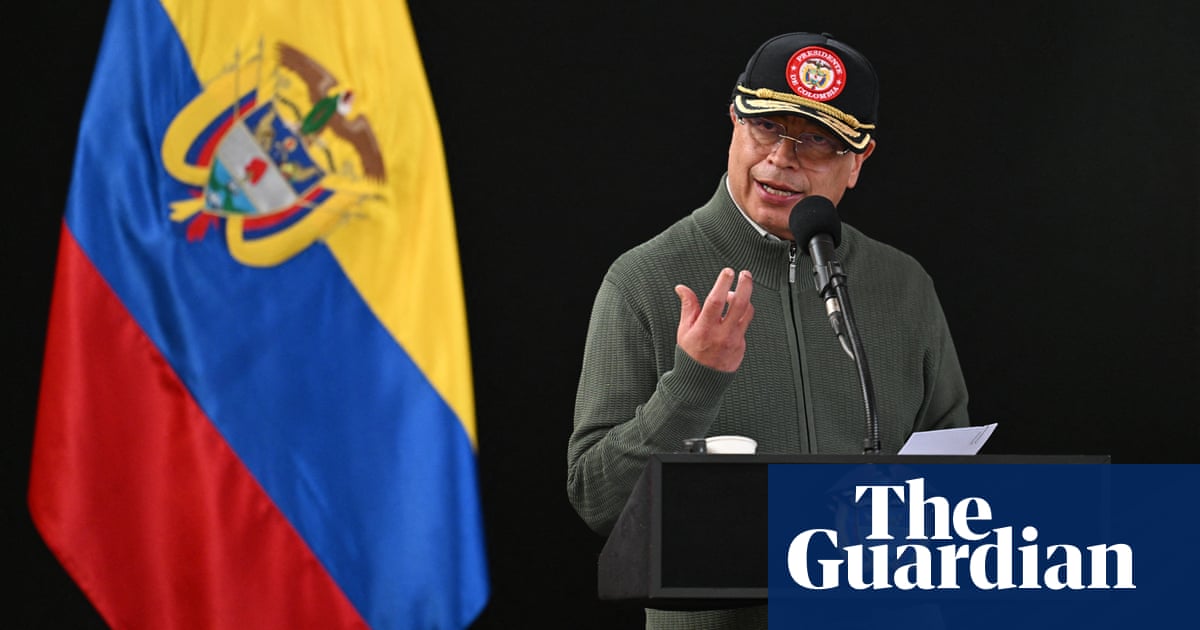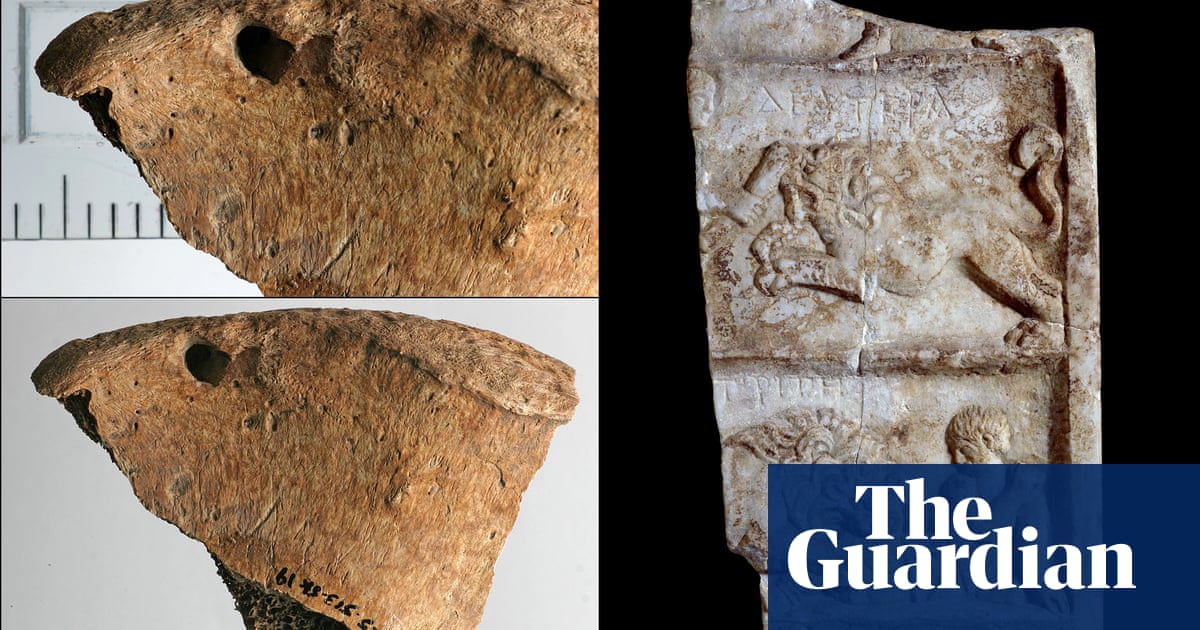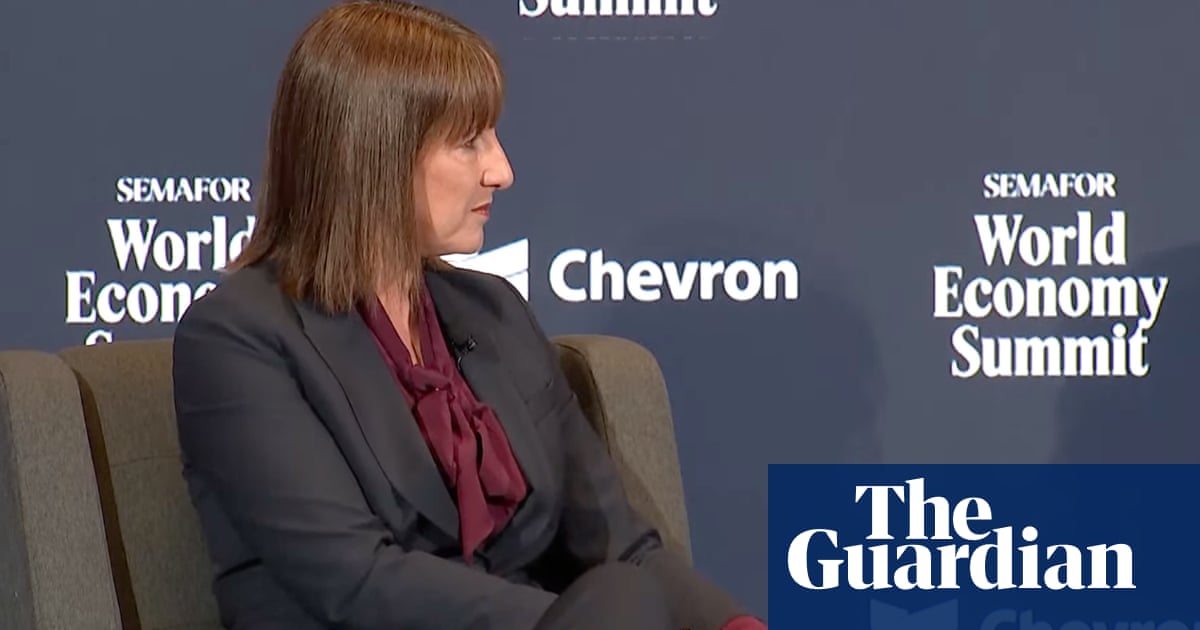A high court judge has criticised lawyers representing Noel Clarke for making “unacceptable” allegations against Guardian journalists which “should not have been made and publicly aired without foundation”.
Mrs Justice Steyn dismissed claims that there had been any fabrication of evidence by them and said any deletion of documents was “not in breach of any rule or duty” to preserve them.
Clarke, an actor and producer, is suing Guardian News and Media (GNM), the publisher of the Guardian, over articles in which more than 20 women accused him of sexual misconduct and bullying.
Last week Steyn, who will preside over a six-week trial due to begin on 3 March, rejected Clarke’s application to strike out the Guardian’s defence. The judge said she would deliver her reasoning in a written judgment at a later date.
In a 19-page ruling published on Wednesday, Steyn rejected the claims made by Clarke’s legal team, which revolved around a decision by journalists to delete messages exchanged with one another on Signal, a messaging app.
During a hearing into Clarke’s application on 29 January, the court heard how Paul Lewis, the Guardian’s head of investigations and the principal editor supervising the story, asked two reporters, Sirin Kale and Lucy Osborne, to delete Signal threads.
His request occurred before the publication of any articles and more than a year before Clarke notified the Guardian of his intention to sue.
Clarke’s lawyers sought to argue that the deletion of the messages, and what they claimed were attempts to “fabricate” evidence, amounted to attempts to destroy evidence that was relevant to the current legal proceedings.
They argued that Guardian journalists had perverted the course of justice and Clarke was therefore unable to receive a fair trial.
However, in her judgment, Steyn dismissed those arguments.
She said: “I reject the contention that the defendant has perverted or attempted to pervert the course of justice. There has been no fabrication of evidence. Some documents were deleted prior to the commencement of proceedings, and over a year before a letter before claim giving notice of the intended claims was sent to the defendant.
“But such deletion was not in breach of any duty to preserve documents, and in any event it neither had the tendency to pervert, nor was it intended to pervert the course of justice.
“As the allegation of perversion of the course of justice fails, it follows that the strike-out application must inevitably be rejected in its entirety.”
The judge said: “Mr Lewis, Ms Osborne and Ms Steward [nee Kale] were free to delete these peripheral documents in accordance with their organisation’s data minimisation policy, at a time when the legal department had not instructed them to preserve potentially disclosable documents.”
Steyn said Clarke’s application was “entirely vague” about what the Guardian’s journalists were accused of fabricating and she criticised claims Clarke’s lawyers made in oral submissions at last week’s hearing.
She said: “The approach taken by the claimant’s representatives is unacceptable: deletion is not fabrication, and such a grave allegation should not have been made and publicly aired without foundation.”
Her ruling concluded that Clarke’s application failed both because the Guardian had not perverted the course of justice, or attempted to do so, and because the “limited pre-action deletion” that had occurred did not preclude a fair trial.
A Guardian spokesperson said: “We are pleased that Mrs Justice Steyn today rejected the entirely false allegations made by Mr Clarke’s legal team against our journalists.
“Our reporting on Noel Clarke in 2021 was based on the accounts of 20 brave women. After we published our first article, more women came forward.
“At trial, 32 witnesses are set to testify against Mr Clarke under oath. We look forward to a judge hearing the evidence.”
The articles Clarke is suing over were published in 2021 and 2022.
The high court ruled in November 2023 that the articles meant there were strong grounds to believe Clarke was a serial abuser of women, who abused his power over 15 years to prey on, harass and sometimes bully female colleagues, and that he engaged in unwanted sexual contact, kissing, touching and groping women and making sexually inappropriate comments.
The articles also meant he took and shared sexually explicit pictures and videos without consent, including secretly filming a young actor’s naked audition.
Clarke has denied any sexual misconduct or wrongdoing. He accepted he once made inappropriate comments about one woman, for which he later apologised. He said in November 2023: “I have always disputed the content of the eight Guardian articles.”
Steyn’s ruling outlined some of the evidence expected to be heard during the high court trial set to begin on 3 March.
It said the Guardian had served 34 witness statements in support of its defence. They included six journalists, who would provide evidence in support of a public interest defence, and 28 witnesses who had provided witness statements in relation to the truth of the allegations published by the Guardian. All but two are scheduled to give evidence at trial. Clarke, the judgment said, had served 15 witness statements.

.png) 2 months ago
18
2 months ago
18













































